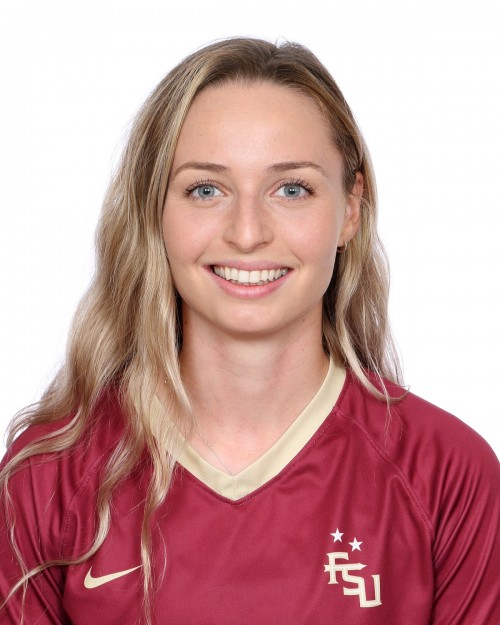
The Past Has Proven the Need for Senior Leadership
Heather O’Reilly and the University of North Carolina Tar Heels’ run to the 2006 NCAA College Cup Championship provide a perfect example of the impact senior leadership can have on a team.
The 2006 Tar Heels were a very young team in stark contrast to the 2005 version, which was loaded with senior talent and leadership. When the second half of the College Cup final began, there were seven freshmen on the field. O’Reilly was no longer the young pup playing alongside veterans Lindsay Tarpley, Lori Chalupny, Kendall Fletcher, and Kacey White. She was the veteran charged with leading the team.
O’Reilly experienced winning a national championship as a freshman in 2003. She also experienced the disappointment of getting knocked out of the tournament without making the Final Four the next two years. As a senior, O’Reilly was able to call on those experiences to lead a team stacked with talented but green youngsters, like Tobin Heath and Casey Nogueira, all the way to a national championship.
I remember watching the 2006 Final from the press box in which UNC defeated Notre Dame. O’Reilly’s drive and determination to win that match stood out. I wrote at the time that her performance and posture struck me as a leader who was going to carry her team to victory even if she had to strap the whole team on her back to do so. She scored a goal, had an assist in the 2-1 Tar Heel victory and was constantly exhorting her teammates to stay sharp.
“During the game, it was 1-0 and I just kept screaming, ‘Don’t settle, we need to keep pressing on for another goal. Don’t settle for anything but your best,’” O’ Reilly said.
They followed O’Reilly’s lead and have the championship rings to prove it.
The argument can be made that there was never much doubt that O’Reilly would return for her senior season. There just is not the financial temptation for a female soccer player to bail out on their final year as there is for say a male basketball player where the lure of big bucks is sometimes difficult to pass up.
However, O’Reilly was one of the select handful of females who actually had an opportunity to make a living playing soccer in 2006, as she was a regular with the U.S. Women’s National Team. Theoretically, she could have ditched her senior season and accepted a residency contract, which would have earned her six figures for the year.
Instead, she put her National Team career on the back burner to suit up in Carolina Blue for one more season with no regrets.
“It’s truly an honor to play for the U.S., of course, to play for your country and score for your country,” said O’Reilly. “But there’s something special about playing for the University of North Carolina”
More women will have the opportunity to compete as professionals when WPS marks the return of women’s professional soccer in April of 2009. It’s possible the new league could give some student-athletes reason to pause when considering their options for their senior season. However, at this stage in the game, the money involved shouldn’t be enough for any player to forego a minute of their collegiate career and education in order to “go pro” early.
It’s important for the athlete and the team for the seniors to stick around.



